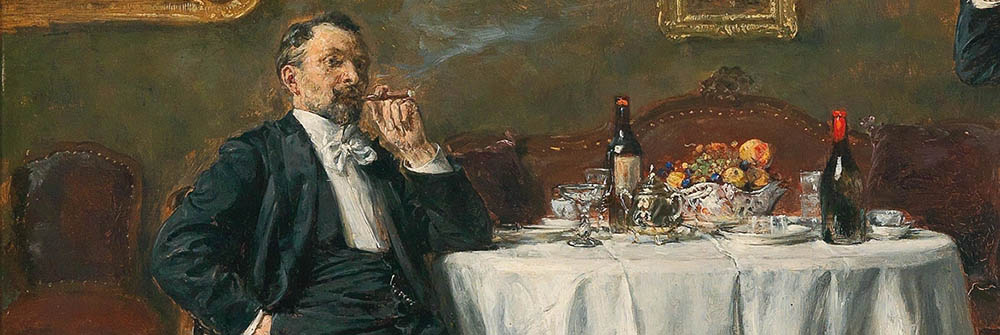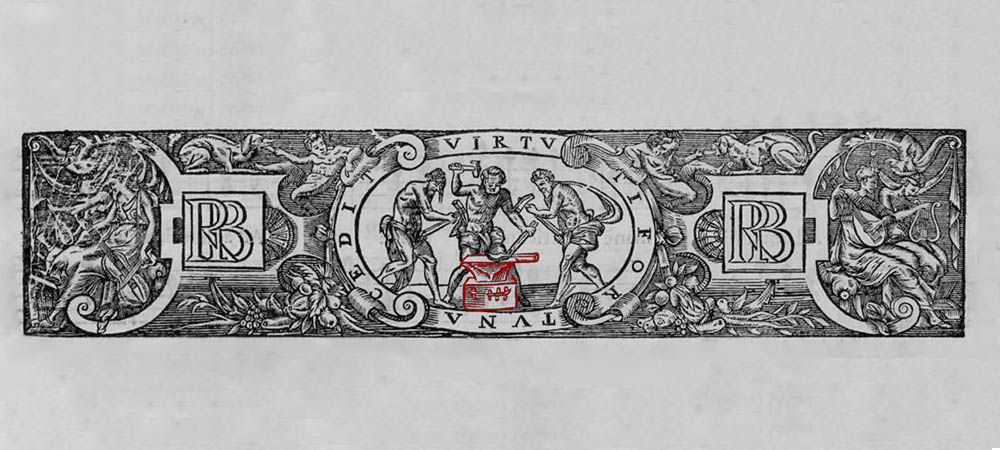The Varieties of Excellence
I have twice eaten a dinner of quail. On the first occasion, I walked with my beloved past Victorian houses and early autumn leaves to sit with her over china plates and little white flowers. The room was entirely devoid of screens. The dark green they had chosen for the walls and the rich paisley fabric of the cushions combined to form a sense of cozy luxury. An ever-so-suave musician, clearly enjoying himself, played classic jazz, not too loud, at the piano. My quail was served, three birds in all, in a savory brown sauce over grits. My wife had lamb, and her eyes looked to me in the dim light like deep lapis in a setting of ivory. We drank wine, we laughed, we looked at each other, and we loved.
On the second occasion, we brought my parents to the same restaurant for my father’s birthday. Ours was the first party to arrive as soon as the door was unlocked. For some time, we had the dining room to ourselves as we ordered our drinks and joked with the waiter. Sunlight came through a tall window in abundance, as it had not done that other time, giving the room an entirely different cast: light, playful, elegant. The piano was silent, but the quail was just as good. We relished that fragile preciousness which is a loving family, mothers and fathers, wives and husbands—a preciousness which is the foundation of so much human happiness and the loss of which is the cause of so much human misery.

On these two occasions I observed the profound inseparability of moral and non-moral excellence. In the sweetness of those times, I could not disentangle the aesthetic from the virtuous, the contemplative from the useful, and I would not wish to do so if I could. Doing so would be like disentangling a tapestry or dissecting a living thing.
I speak of excellence instead of goodness, not because I conceive of these as denoting different spheres, but because I suspect that “goodness” carries to one’s ear a greater suggestion of specifically moral goodness, while “excellence” more easily suggests just how far extended is the empire of the Good.
In preparing my quail, the chef achieved a rare excellence in his craft. To do so he needed to combine the traits of care and attention, the discipline of holding oneself to a high standard, the discerning judgment of experience and good taste. From these excellent qualities of his own soul he brought into the world for less than half an hour an independent being possessing it’s own objective excellence: a harmony of arrangement, a harmony of flavors, and there for one vanishing moment, a perfect harmony of heat. To decorate the room like that, someone understood the fundamental principles of color theory and the moral abhorrence of grossly enlarged two-dimensional heads silently attempting to sell one garish objects from every corner of the room over dinner. To look at me as she did, my beloved must have known the mystery of loving—in spite of everything—a flawed, fumbling, and often downright sinful human being. All of these are forms of excellence to be cherished, extolled, and carefully cultivated wherever possible, provided that this cultivation does not require the sacrifice of something better.
All this stands in contrast to those “sophisters, economists, and calculators” who are ever trying to reduce all forms of excellence to their one favored idol. Such men create whole systems to feed the variegated grandeur of human life into their devouring god, whether it be pleasure, practicality, or power. I laugh at most attempts to recreate the human soul in the form of a microchip, but perhaps in the case of such men, robotic artificial “intelligence” will be possible after all.
